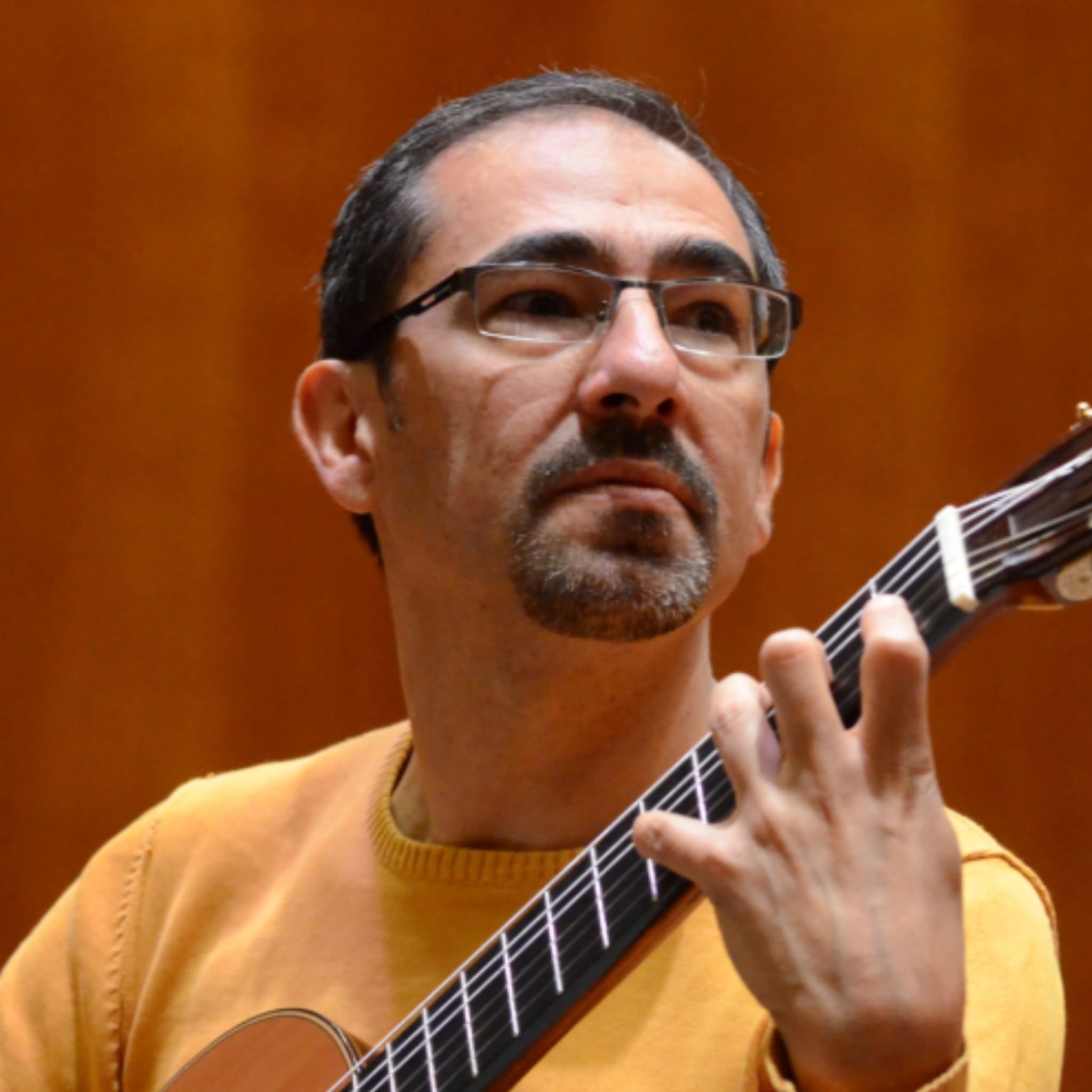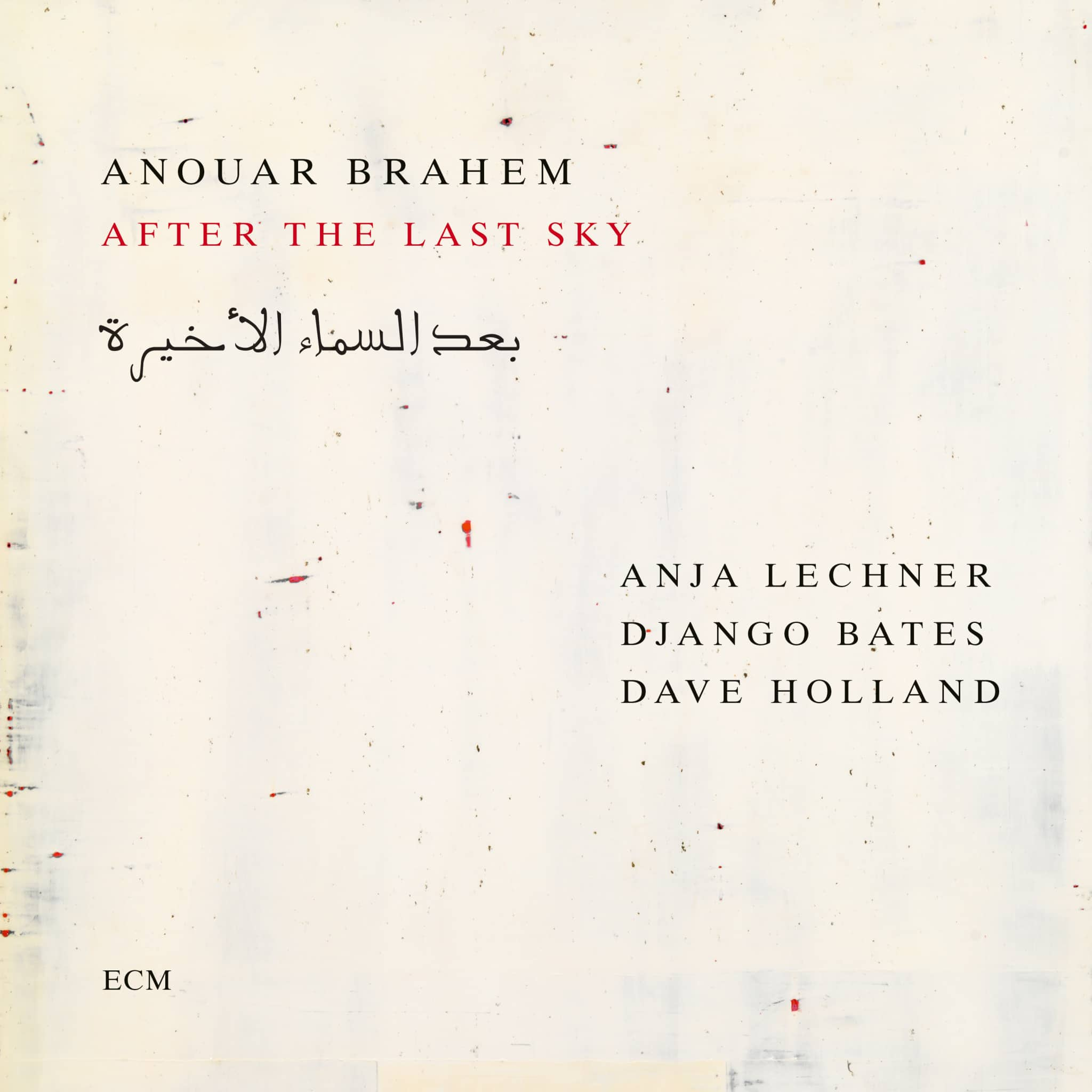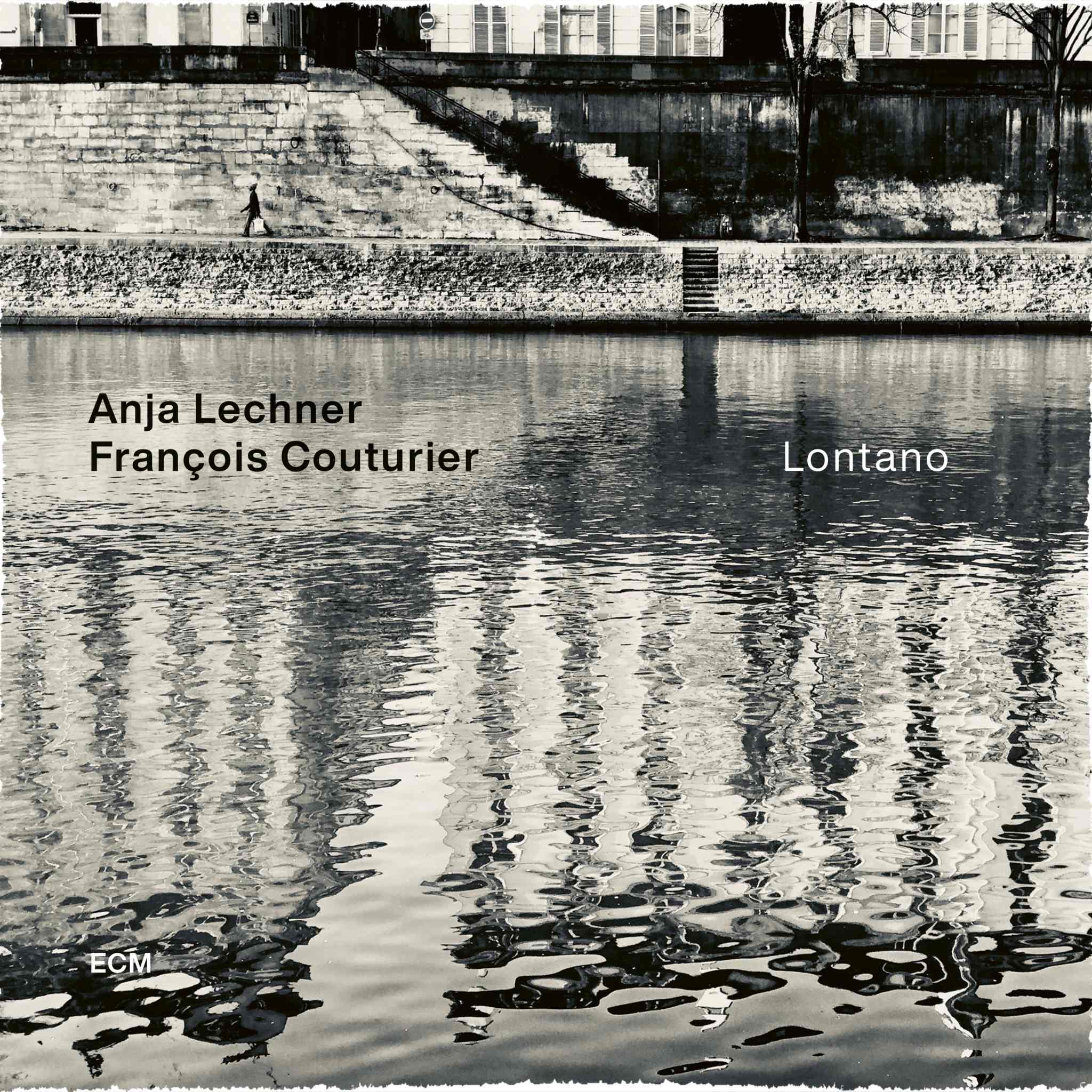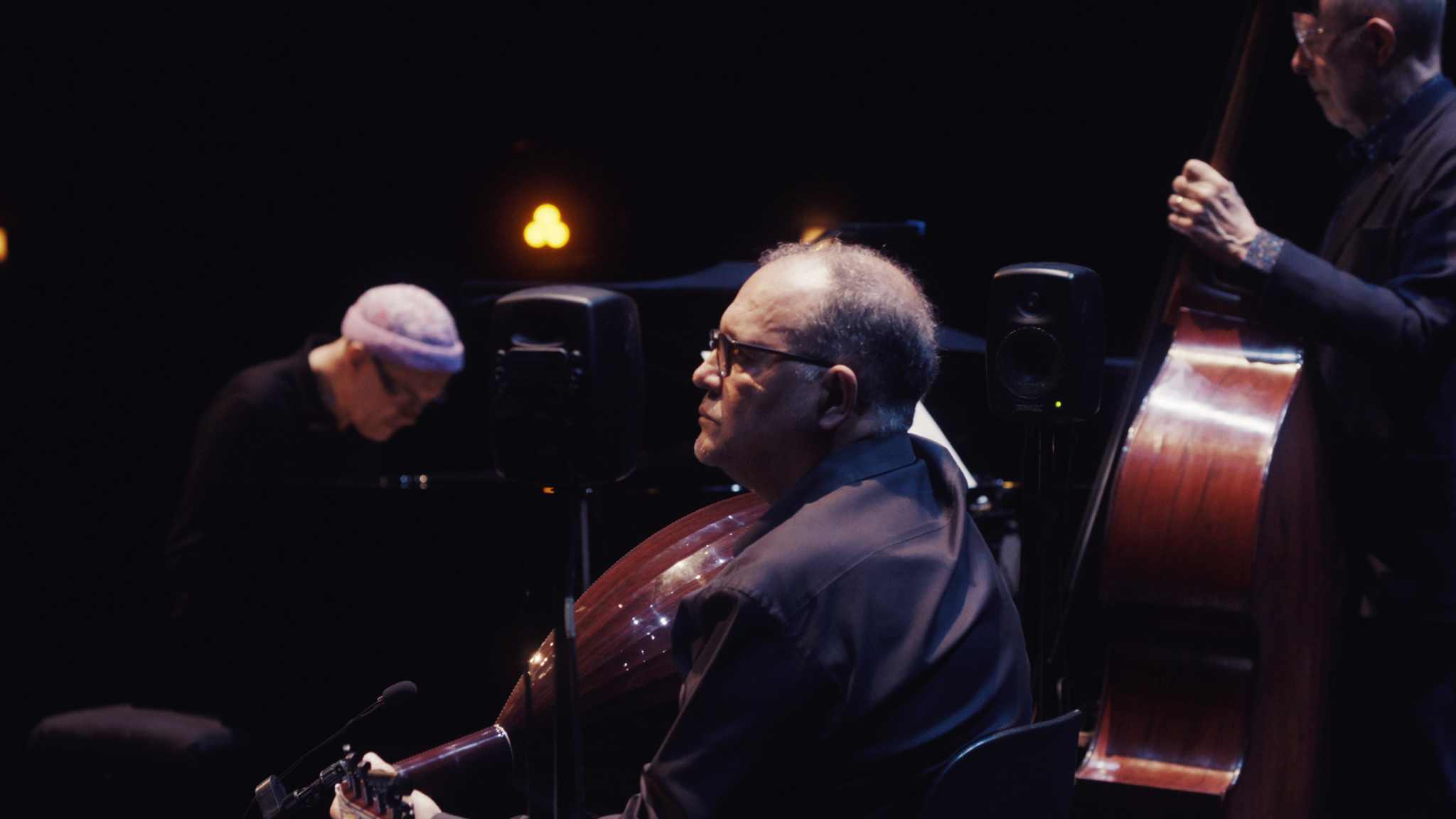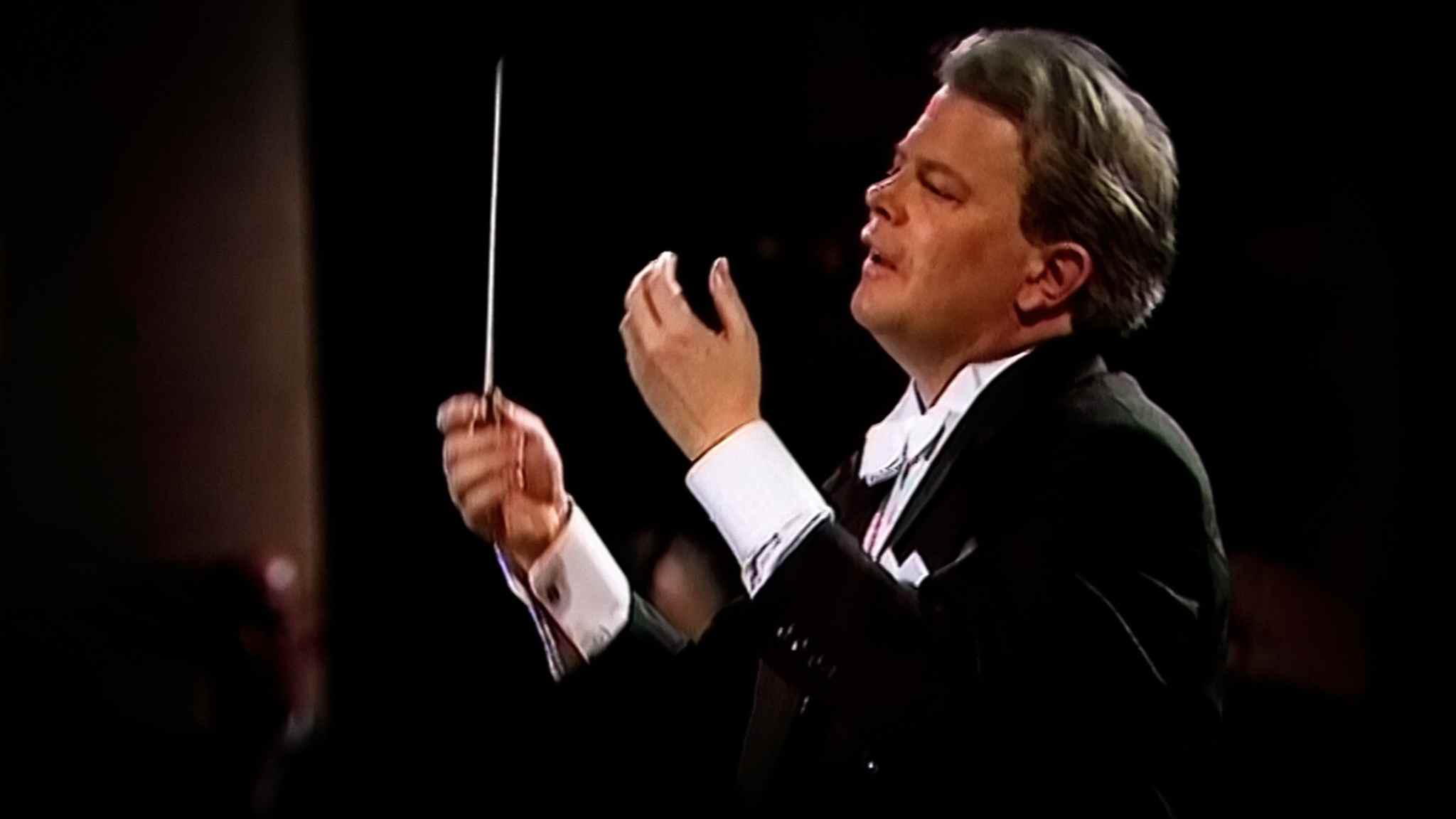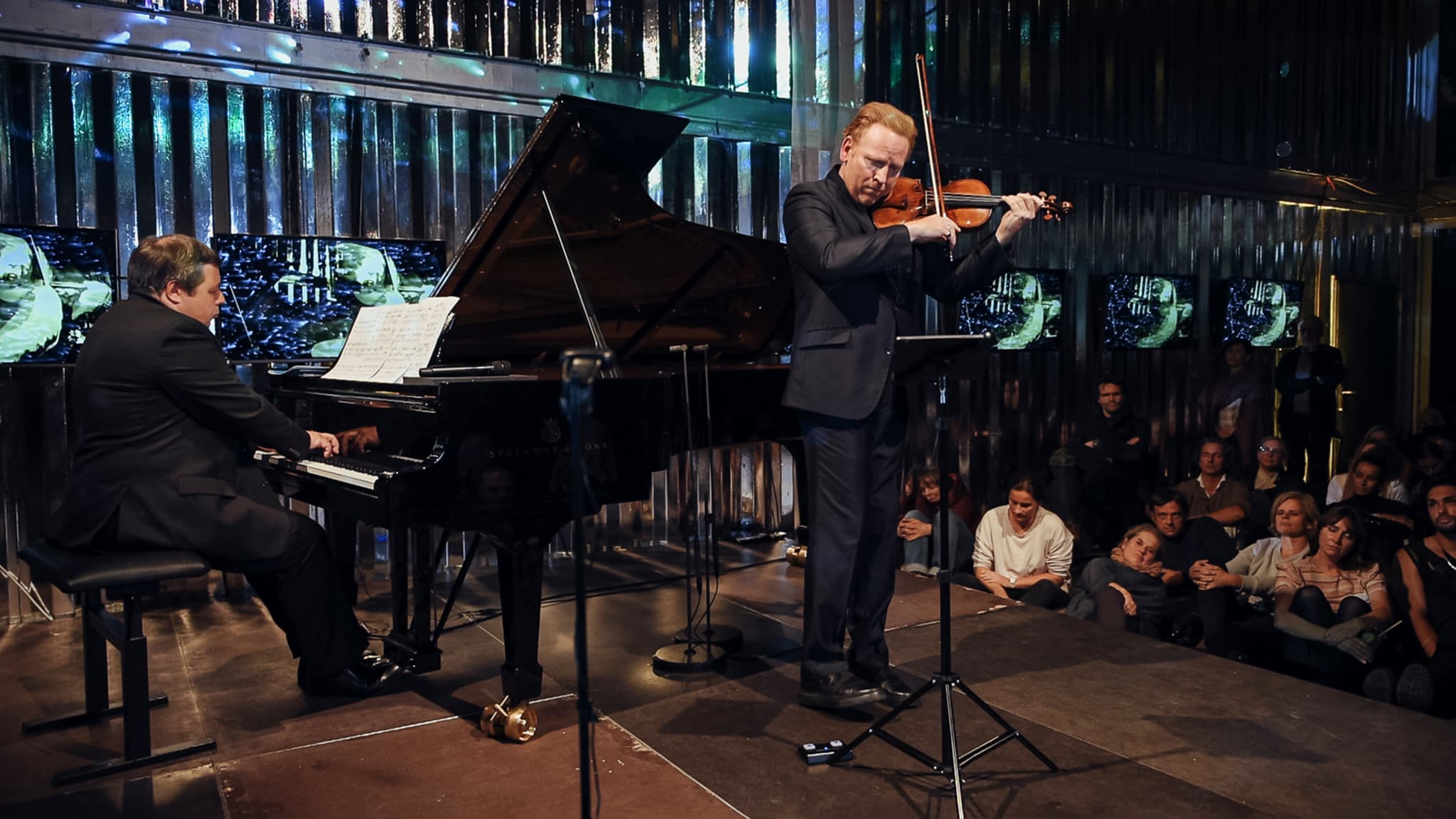
収録時間56分
Schubert: Die Nacht
アニヤ・レヒナー, パブロ・マルケス
収録時間56分
ブルグミュラー
3 Nocturnes for Cello and Guitar
ブルグミュラー
3 Nocturnes for Cello and Guitar
フランツ・シューベルト
Winterreise, D. 911
フランツ・シューベルト
Arpeggione Sonata in A Minor, D. 821 (Transcr. for Cello & Guitar)
ブルグミュラー
3 Nocturnes for Cello and Guitar
フランツ・シューベルト
Rosamunde, D. 797
ブルグミュラー


